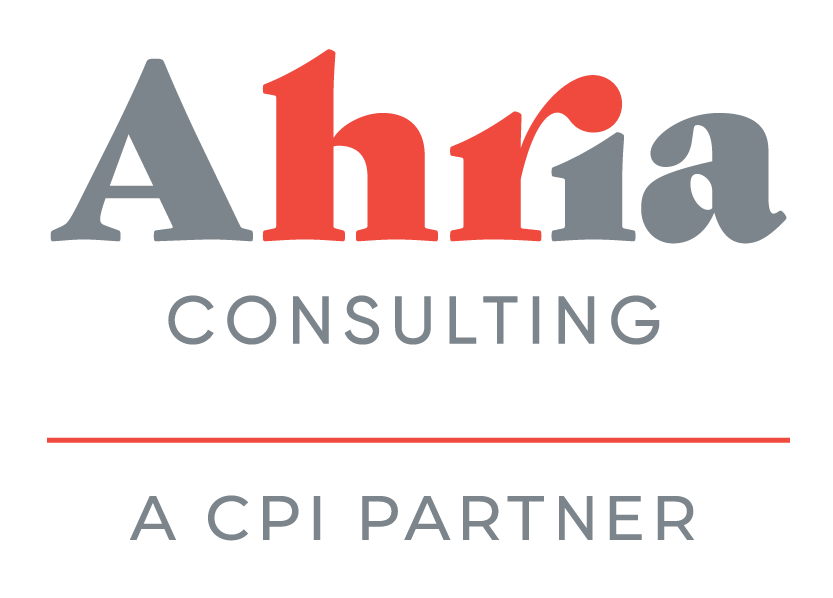New tech promises to tackle workplace stress by picking up on digital traces of behaviour. Is this a good thing?
As we’ve mentioned in this newsletter before, workplace stress levels are at near all-time highs. According to stress statistics from project management platform Wrike, 94 per cent of American workers experience workplace stress, and there’s little to suggest that Canada is in a different boat.
For workplaces, an overabundance of stress is bad for morale and the bottom line ― and many are starting to take more steps to identify and address it. One way that’s being done is automatic stress detection systems that rely on artificial intelligence to sense when an employee is on the brink, so to speak.
Last month, Swiss researchers published a study looking at how automated stress detection systems could work. “People who are stressed move the mouse pointer more often and less precisely and cover longer distances on the screen. Relaxed people, on the other hand, take shorter, more direct routes to reach their destination and take more time doing so,” study author and mathematician at ETH Zurich Mara Nägelin said.
One approach for deploying this in the workplace relies on chatbots. “A popular example, Woebot, uses natural language processing and sentiment analysis to interpret a user’s input and generate personalized responses,” said Corporate Wellness Magazine.
Could this be coming to your workplace soon? Hard to say. Workplace stress is notoriously hard to identify for managers, so the introduction of automated systems could be a real improvement ― if it’s implemented properly, of course.
“The technology of automated stress detection is intended to help individuals privately manage their own wellbeing, but it is not hard to imagine unintended consequences. Stress-tracking can theoretically allow employers to pick out those who flourish under pressure ― and those who struggle,” writes FT science contributor Ananja Ahuja. “Won’t companies want to identify who is coping well in the office ― and who isn’t?”
The Swiss research team agreed ― they backed their technologies but stressed that it was a way for workers to identify their own stress, not to report them to their bosses.
“The only way people will accept and use our technology is if we can guarantee that we will anonymize and protect their data,” said fellow ETH Zurich researcher and psychologist Jasmine Kerr. “We want to help workers to identify stress early, not create a monitoring tool for companies.”
Content written by Kieran Delamont for Worklife, a partnership between Ahria Consulting and London Inc. To view this content in newsletter form, click here.
